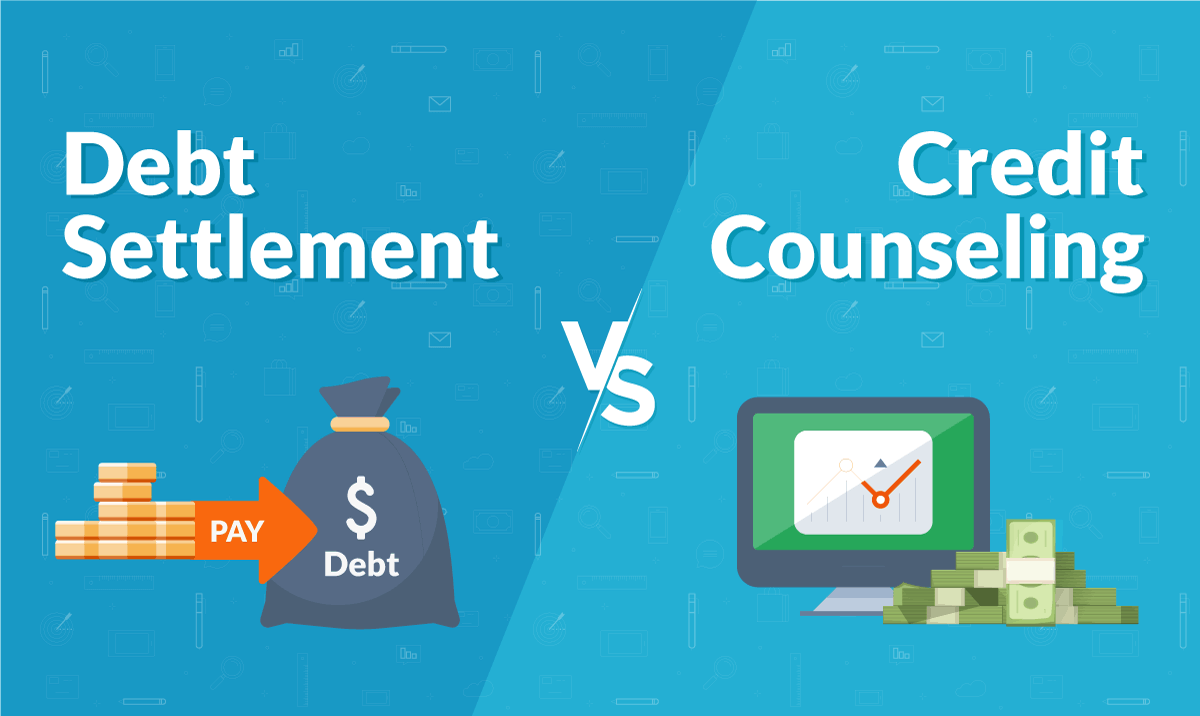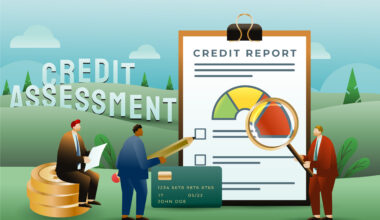Introduction

If you’re facing serious debt in Canada, you may have heard two terms floating around: debt consolidation and debt settlement. They sound similar, but they work very differently—and understanding the difference could be the key to choosing wisely. In short: when it comes to debt consolidation vs debt settlement Canada, there’s more beneath the surface than you might expect.
This essay-style post will walk you through what each option really means in the Canadian context, what few people tell you (the hidden risks and costs), how to evaluate your own situation, and how to choose the path that gives you the best chance of getting ahead. I’ve done the research so you don’t have to, and I’ll keep the tone human and relatable—because real debt is real life, not just numbers.
Powerful Guide: How to Pay Off 3 Credit Cards Simultaneously Without Wrecking Your Score
What is debt consolidation Canada — and how does it work?
Let’s start with the simpler (or at least more socially acceptable) of the two: debt consolidation.
Debt consolidation in Canada refers to combining multiple debts (credit cards, personal loans, lines of credit) into a single payment—often by taking out one new loan or line of credit, or entering a debt-management plan through a non-profit. According to Financial Consumer Agency of Canada (FCAC), debt consolidation can “simplify your finances and make it easier to manage your debt” but may extend your repayment period and increase total interest cost if you’re not careful. (Canada.ca)
Some key features of debt consolidation:
- You take out a lump sum (or restructure) to pay off multiple smaller debts, then make one monthly payment. (American Express)
- The goal is often to secure a lower interest rate or lower monthly payment, though the total repayment period may be longer. (CIBC)
- It preserves your debt obligation—you still owe the full amount (plus interest), just structured differently.
In practice, debt consolidation can be a good tool—if your credit rating is sufficient to secure favourable terms, if you keep your spending under control, and if you avoid accumulating new debt.
What is debt settlement Canada — and how it works differently
Now let’s flip to the other side: debt settlement.
Debt settlement involves negotiating with one or more creditors to accept less than the full amount you owe. In Canada this can involve an agreement where you offer a lump sum or a repayment plan for a reduced total, and the creditor agrees to forgive the remainder. (Debt.ca)
Important features of debt settlement:
- You may stop paying as normal, until the settlement negotiation is reached.
- If successful, you exit the debt with “less” owed—but this often comes with serious credit score consequences. (Debt.ca)
- Creditors are not obligated to accept a settlement offer; it’s a negotiation, not a guarantee. (Consolidated Credit)
- Often considered a last-resort option if you are unable to repay your full debt under normal terms. (Consolidated Credit)
So debt settlement can seem like “escape,” but it carries heavy implications—and that’s what few people emphasise.
Debt consolidation vs debt settlement Canada: What few tell you

You’ve seen definitions. Now, let’s highlight what most debt relief articles gloss over—but really matter.
Hidden truths you need to know
- Debt consolidation can still fail you — Even though you consolidate, if your new payment is too low or you resume old spending habits, you could still be struggling years later. The FCAC warns consolidation “may extend your repayment period, costing you more in interest over time.” (Canada.ca)
- Debt settlement hits your credit hard and for longer — When you settle a debt for less than the full amount, your credit report will note “settled for less than full amount,” which creditors view negatively. And in Canada that notation can remain for six years. (Debt.ca)
- Not all debt settlement companies are transparent — Some for-profit companies promise massive debt reduction but deliver little. The success rate is low; some consumers end worse off. (Credit Counselling Society)
- Debt consolidation still requires discipline — If you consolidate and then rack up fresh debt on your old cards, you’ve doubled your problem. Credit Canada warns that consolidation can backfire if you’re not careful. (Credit Canada)
- Costs and fees matter — Consolidation loans may have origination fees, higher interest if your credit is weak; settlement may involve fees, taxation of forgiven debt, or legal judgments. (Experian)
These are the “what few tell you” parts. They matter because they determine whether your debt relief actually works, or inadvertently leaves you more vulnerable.
Comparison Table: Debt consolidation vs debt settlement Canada
Here’s a clear side-by-side to help you compare:
| Feature | Debt Consolidation | Debt Settlement |
|---|---|---|
| What you owe at the end | Full debt amount (plus interest) remains | You may owe less than original debt after settlement |
| Monthly payments | One payment — ideally lower interest | May involve lump sum or reduced payment plan |
| Credit score impact | Can improve if done well; may dip short-term (Hoyes, Michalos & Associates Inc.) | Will likely drop; settled notation stays long term (Credit Counselling Society) |
| Eligibility | Needs sufficient credit/income to secure loan | May be for those already in deep debt |
| Risk of new debt | High if spending isn’t controlled | Still risk if payments not made or settlement fails |
| Cost/fees | Loan fees, higher interest if credit poor | Settlement company fees, tax liability on forgiven debt |
| Time to be debt-free | Depends; may be extended repayment period | Might clear sooner—but credit repair takes longer |
| Use case | When you can repay the full amounts under better terms | When you cannot realistically repay full debt |
How to decide which path fits your situation (debt consolidation vs debt settlement Canada)
Not every option fits every person. Here’s a decision-making checklist:
Ask yourself:
- Can I afford to repay my full debts (with interest) if structured better (i.e., consolidation)?
- Is my credit score strong enough to qualify for favourable consolidation loan or line of credit?
- Have I already missed multiple payments or am I in collections, making settlement the only realistic path?
- Am I willing to accept serious credit-score damage and long-term impact of settlement?
- Can I commit to no new debt and changing spending behaviours (critical for consolidation success)?
If you lean toward consolidation, ensure you:
- Compare interest rates and repayment terms — the new rate must truly be lower.
- Ensure you understand total cost (interest + fees) over entire term.
- Keep your old accounts closed or at least avoid new charges.
- Use the “freed-up” payment space to build emergency savings so you don’t fall back into debt.
If you lean toward settlement, ensure you:
- Understand that creditors may refuse offers, and you must stop accumulating new penalties or interest.
- Get any settlement offer in writing before making a deposit.
- Understand the credit consequences: “settled” status, major score drop, difficulty obtaining new credit.
- Recognise this is a last-resort option—a clean starting point often begins after settlement, by rebuilding credit and habits.
What Rich People Think About Money That Most Don’t 1.
Case studies: How things play out
Case A – Emily uses debt consolidation
Emily has $30,000 in credit-card debt across three cards at 19-24% APR. She qualifies for a personal consolidation loan at 9% APR, 5-year term. She pays off all cards with the new loan, now has one monthly payment and can budget accordingly. She must avoid new credit usage. Over five years she pays less interest than she would have by continuing on cards.
Case B – Paul uses debt settlement
Paul has $40,000 in unsecured debt and has been missing payments for over 12 months. Creditors are calling and he’s considering bankruptcy. He chooses to negotiate settlement. After discussions one creditor accepts $24,000 lump sum (~60% of balance). But his credit is marked “settled for less” for 6 years, and he struggles to get new credit for a while. However, his debt burden is finally manageable and he begins rebuilding.
These show two very different paths—one with less damage but more requirement for qualification and discipline (consolidation), one with heavier consequences but possible when consolidation isn’t realistic (settlement).
Key precautions and red flags
- Beware of companies promising “miracle debt relief” — Some debt settlement firms promise you’ll owe nothing quickly; many users end up with more cost, lawsuits or bankruptcy. (Credit Counselling Society)
- Consolidation with weak credit may cost you more — If your credit score is low, a consolidation loan may carry high interest and defeat the purpose. (Credit Canada)
- Settlement doesn’t magically erase risk — Even after settlement, creditors may pursue legal action if the agreement isn’t accepted and payments aren’t made. (Canada.ca)
- Avoid accumulating new debt — Whether you consolidate or settle, if you keep borrowing, you’ll repeat the cycle.
- Read all terms and get everything in writing — Both paths have potential fees, terms, and traps.
Practical checklist: What few tell you before you commit
- Get a full debt-list: names, balances, interest rates, payment status.
- Check your credit report: find out your score, what negative items exist.
- Build or maintain an emergency fund: even small buffer helps whether you consolidate or settle.
- Do the math: For consolidation—compare new rate, term, total cost. For settlement—compare amount you might offer, what creditors may accept, long-term credit cost.
- Consult a non-profit credit-counselling service: they can guide you impartially.
- Choose your path: consolidation if you can repay full amount under better terms; settlement if you cannot.
- After implementing your choice: Monitor progress and behaviour. For consolidation, no new debt. For settlement, rebuild credit and track notice of settlement.
Conclusion
In Canada, debt consolidation vs debt settlement are two very different roads out of debt—and what few tell you are the hidden costs, the discipline required, the credit impact, and the long-term consequences. Consolidation offers a structured, less damaging path if you qualify and commit to change. Settlement offers relief when debt has become overwhelming—but comes with serious credit damage and risk.
Ultimately: Choose not just what seems easier, but what you can sustain. Get the facts. Be honest about your income, credit score and ability to change habits. And remember: real debt relief isn’t just about paying less—it’s about building a new financial footing.






